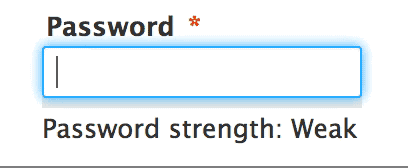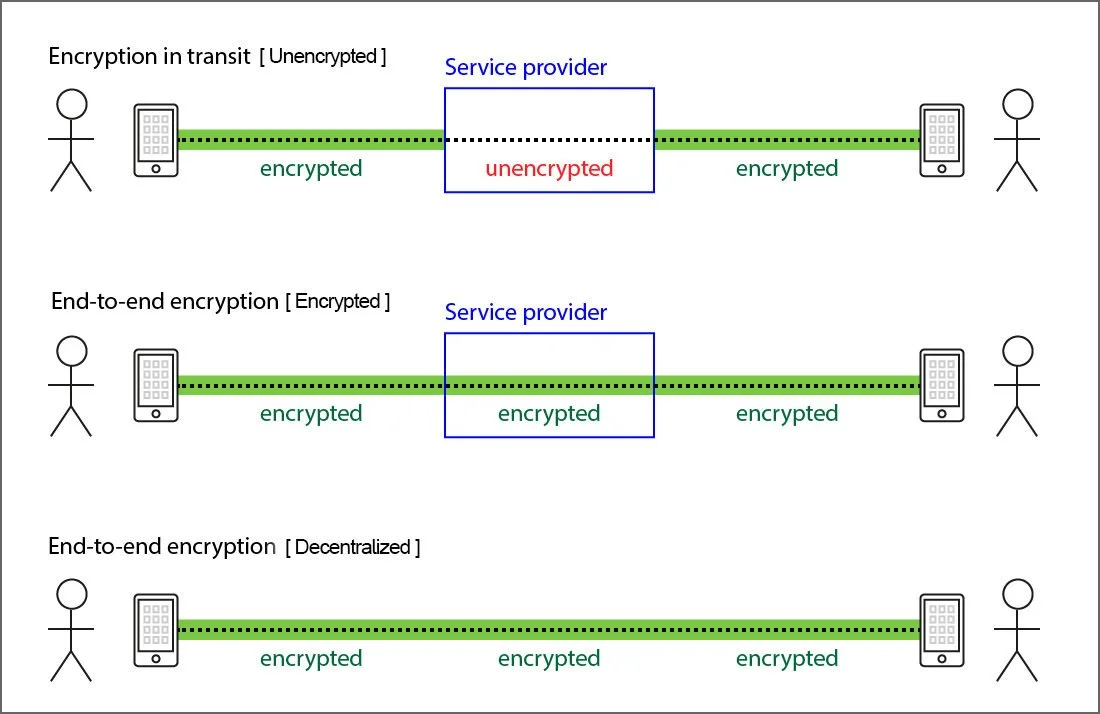10 Tips to Better Protect Your Online Privacy
Today, our privacy and security are increasingly at risk every day.
Do you own a mobile device? Do you take pictures and videos? Do you chat with other people? Do you send/receive texts, videos, or images? Do you have social media accounts? Then, just like everyone, your privacy is at risk?
The biggest threat to our cyber-security is ourselves. The way we handle our mobile devices and manage the content on these devices makes all the difference.
Here Are a Few Tips to Better Protect Your Online Presence:
1- Password Protect Your Mobile Device!
Limit access to your mobile devices, and don’t share your password.
Choose a complex password, activate face-ID, enable the wipe-my-phone feature to auto-erase your phone after numerous failed password attempts.
2- Do Not Share Your iCloud, Google Account Passwords!
Your iCloud password (iPhone) or your Google Password is not just used to set up your mobile device, this is your master password.
Sharing this password means giving remote access to all your personal data: Picture, contacts, chats, files, cloud storage, and more. Sharing this password is like giving your home keys to a complete stranger.
3- Clear Your Phone Before Sending it for Repair!
I’ve seen people share their passwords with the phone repair guy!
If you absolutely have to share your device, make sure to remove all your pics, delete chats/notes, and log out of social media apps before sharing your mobile device. Reset your passwords directly after retrieving your phone and set up two-factor authentication.
4- Stop Saving Your Passwords on Notes and Memo Apps!
Nothing drives me crazy more than seeing people’s passwords unsecured and publicly displayed on their devices. People just don’t realize that their privacy, confidentiality, and money are at risk. Passwords should never be stored on the notes and memo apps but rather on specialized secure software (i.e., 1Password, Lastpass, Dashlane, etc.).
Here are a few tips on how to better choose a password:
– Stop using 123456″ or “password” as your password.
– Don’t use your name, names of your family members or birthdays
– Passwords should be at least 8-10 digits long. Make sure you are using lowercase, uppercase, and numbers together. example: Tyi8r32wQ$#@s
– Don’t use the same password across your different accounts
– Use random passwords generated by your password managers
– Use 2 step password protection when available
– Update and change your password regularly
– Use a password management solution/app (more details here)
5- Do Not Share Sensitive Pictures/Videos!
If your photo/video is of sensitive nature, do not share it with anyone, not even with your close friends. Any picture that is shared from your device is at risk of becoming public.
Make sure to regularly download photos from your phone and archive them on your computer, don’t keep all your original pics on your mobile device.
6- Don’t Connect Your Phone to Other People’s Computers!
Many people still don’t know how to download pictures from their devices, they might give their phone to a friend to download the images. This means that for a certain amount of time, that person has full access to your device and data.
7- Nothing is Private!
Private Groups or Chats are not so confidential, after all.
Let’s just agree that private chats are not so secure. What do you do when someone on the group itself screenshots the content of the conversation.
If you really have to engage in a private chat, then make sure you are chatting with a trusted person. Remember to use secure apps like Telegram or Signal. The conversations in these apps are encrypted and can be set to auto-delete after a certain amount of time.
Remember to regularly clear and delete unused, old, or confidential chats.
8- WhatsApp, Telegram, or Signal?
All three apps are secure and encrypted end-to-end. But again, nothing is ever guaranteed. WhatsApp is safe and practical for all our daily usages. But, if you are looking for that extra level of security, Telegram offers a secure voice calling system that supports multiple callers. While Signal has kick*ss secure chatting platform.
9- Protect Your Credit Card Information!
Keep your credit card information safe. It is extremely dangerous to photograph your credit card and share it via WhatsApp. Never email your credit card information. Never write your credit card details on note apps.
10- Beware of Hackers and Phishing Emails!
Don’t fall for scam emails. We regularly receive emails and messages saying that our accounts got hacked and that we need to “Urgently” click here to reset our passwords. Before you click, make sure to check that the sender is a legitimate account. For example, an authentic email from Apple would be: support@apple.com – while a fake mail would be (for example) from email support@appleicloudaccounts.com
In Short:
Delete scam emails, don’t click on suspicious links, and don’t share usernames and passwords.








